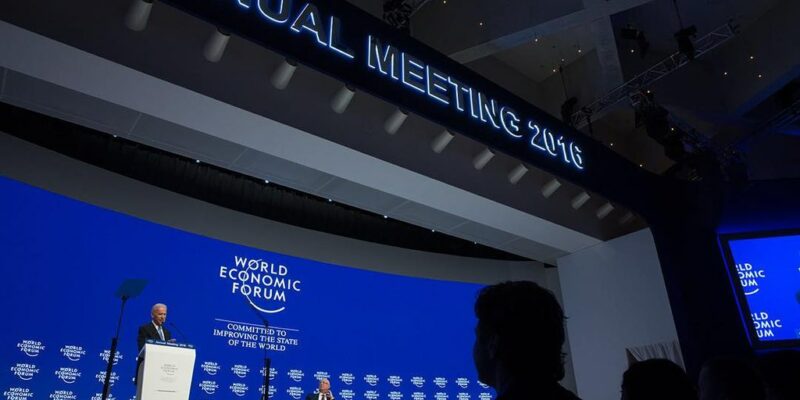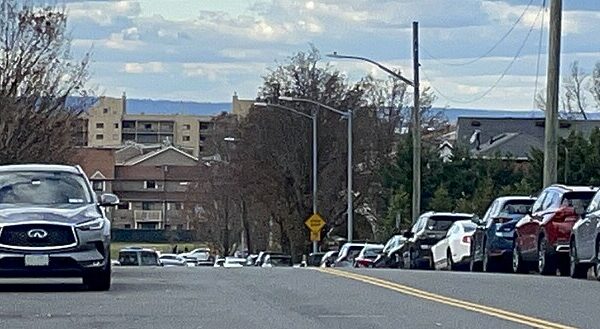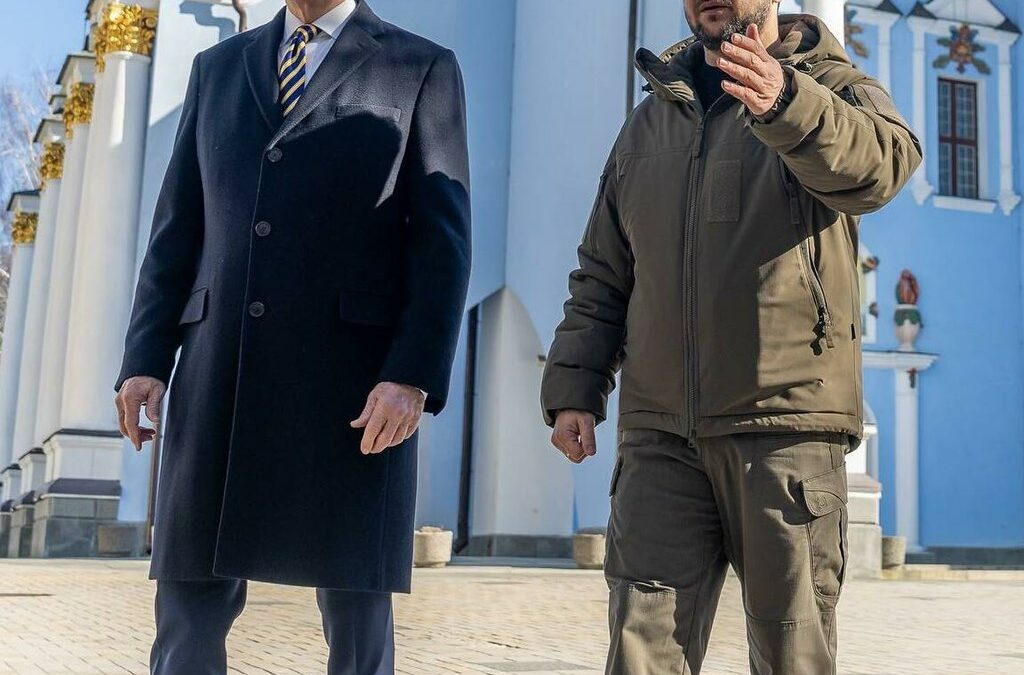
In May, the WEF discussed their “Global Redesign” and argued that world affairs would be best managed via a “self-selected coalition of multinational corporations, governments (including through the UN system), and select civil society organizations.”
It won’t surprise you who makes up this self-selected coalition of genius planners–that’s right, it’s the WEF and they are at it again. In a recent post, the organization wrote, “We need a clean energy revolution, and we need it now. But this transition from fossil fuels to renewables will need large supplies of critical metals such as cobalt, lithium, nickel, to name a few. Shortages of these critical minerals could raise the costs of clean energy technologies.”
This time they want you to no longer own your car, or pretty much anything else while just using old stuff longer. They say we have to cut back on using energy to save the planet.
It’s safe to assume they don’t mean these cars, though. The extraordinarily wealthy love making plans for everyone else. Remember, Globally, the wealthiest 10 percent produce over half of all carbon emissions.
Breitbart analyzed their latest scheme. “The unelected elites in Geneva, Switzerland, argue too many people own private vehicles for the planet’s good. Most are barely driven and a universal model that will take consumers “from owning to using” their cars is the way forward.”
“The average car or van in England is driven just 4% of the time,” the WEF paper sets out. Instead of having vehicles sit idle, sell your car and walk or share because “Car sharing platforms such as Getaround and BlueSG have already seized that opportunity to offer vehicles where you pay per hour used.”
The end to private ownership is essential, according to the WEF, and can applied from everything to cars to private homes and even city wide design principles.
“A design process that focuses on fulfilling the underlying need instead of designing for product purchasing is fundamental to this transition,” the WEF sets out. “This is the mindset needed to redesign cities to reduce private vehicles and other usages.”
Lovely. They can go first.
WEF wasn’t alone in deciding that everyone should make the lives of normal people worse in order to make elites feel better about the planet. In March, the International Energy Agency (IEA) called on global governments to reduce oil usage by encouraging lower consumption from the broader population, especially by reducing the usage of cars. Business Insider offered some highlights of IEA’s plan, including:
- “Speed limits: The IEA said a country-by-country and state-by-state analysis fed into its speed-limit proposal. “Around 290 kb/d of oil use can be saved in the short term through a speed limit reduction of just 10 km/h on motorways for cars. A further 140 kb/d (predominantly diesel) can be saved if heavy trucks reduce their speed by 10 km/h.”
- Work from home: One day of working from home can avoid the use of 170 kb/d of oil and three days avoids around 500 kb/d in the short term, it said.
- Car-free Sundays: Such action can reduce the short-term use of 380 kb/d of oil if implemented in large cities every Sunday. The amount drops to 95 kb/d if cities only instituted a plan for once a month.
The magazine notes, “Car-free Sundays were introduced in countries such as Switzerland, the Netherlands and West Germany during the 1973 oil crisis, it said. “Car-free Sundays help support the uptake of walking and cycling, which can generate a positive spillover effect throughout the week.”
Following the mindset of these elitist organizations has left Europe on the brink of an energy disaster, especially when it comes to generating electricity. In 2019 Germany patted itself on the back for closing all of its coal power plants. The LA Times reported at the time, “Germany, one of the world’s biggest consumers of coal, will shut down all 84 of its coal-fired power plants over the next 19 years to meet its international commitments in the fight against climate change, a government commission said Saturday.
The announcement marked a significant shift for Europe’s largest country — a nation that had long been a leader on cutting CO2 emissions before turning into a laggard in recent years and badly missing its reduction targets. Coal plants account for 40% of Germany’s electricity, itself a reduction from recent years when coal dominated power production.”
Doubling down on the strategy, Germany moved from abandoning coal power to abandoning nuclear power. In January, the Germans “shut down half of the six nuclear plants it still has in operation, a year before the country draws the final curtain on its decades-long use of atomic power.
The decision to phase out nuclear power and shift from fossil fuels to renewable energy was first taken by the center-left government of Gerhard Schroeder in 2002. His successor, Angela Merkel, reversed her decision to extend the lifetime of Germany’s nuclear plants in the wake of the 2011 Fukushima disaster in Japan and set 2022 as the final deadline for shutting them down,” according to ABC News.
What has been the result? A complete debacle that has left much of Europe depending on Russia to heat their homes this winter. The cost of natural gas in Europe has gone up nearly 10 times its average osince the start of the Russia-Ukraine War, and that may especially leave the Germans out in the cold.
Washington Post wrote, “Russian energy giant Gazprom on Monday said it would halve the natural gas flowing through its main pipeline to Germany, keeping European countries in a state of uncertainty as they scramble to build up energy supplies for winter.”
Germany has become so dependent on Russian energy that they have had to fire up some of their old coal power plants as they race to try and store enough natural gas for the winter. WaPo also reported that “some landlords are already rationing hot water, which has been turned off in many public buildings, while lights have been dimmed and public fountains lie still.”
The Brookings Institute has written, “Cheap Russian energy used to be a key source of [Germany’s] global competitive advantage. Now Russia is making Europe and Germany pay the price for Putin’s war….the gas crisis will cause jitters across Europe.”
Who could have guessed that outsourcing your energy needs to Vladimir Putin so that you could pat yourself on the back for reducing your fossil fuels was a bad idea?
Despite the crisis and pain it has caused mostly the poor of the Europe, the WEF has never admitted its mistakes. It’s never taken a step back and reconsidered that “the Great Redesign” could become a calamity, especially to the most vulnerable.
Instead, they always double-down on their plans and say the poor shouldn’t drive cars or eat meat, or, in their own creepy phrase: “Welcome to 2030. I own nothing, have no privacy, and life has never been better.”
It’s true that we need to develop better forms of energy for the long term, but we will never do so if we follow the utopian vision of the extremely wealthy who go to Davos every year. A proper energy reset will put people first rather than demanding that we make our lives worse. It will encourage people to take care of things they own rather than strip them of owning anything. And it will empower people to make wealth rather than depend on the wealthy.
[Read More: Leftwing Allies Support Biden’s Orwellian Change of ‘Recession’]











